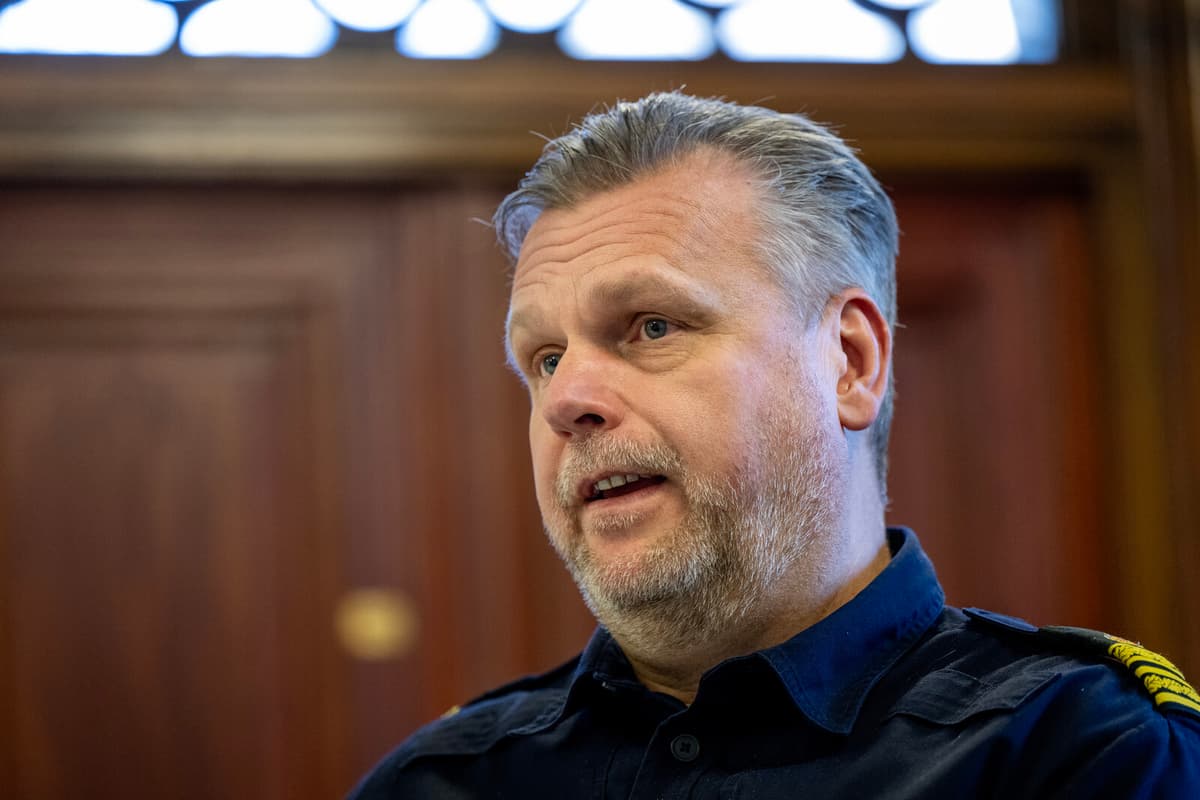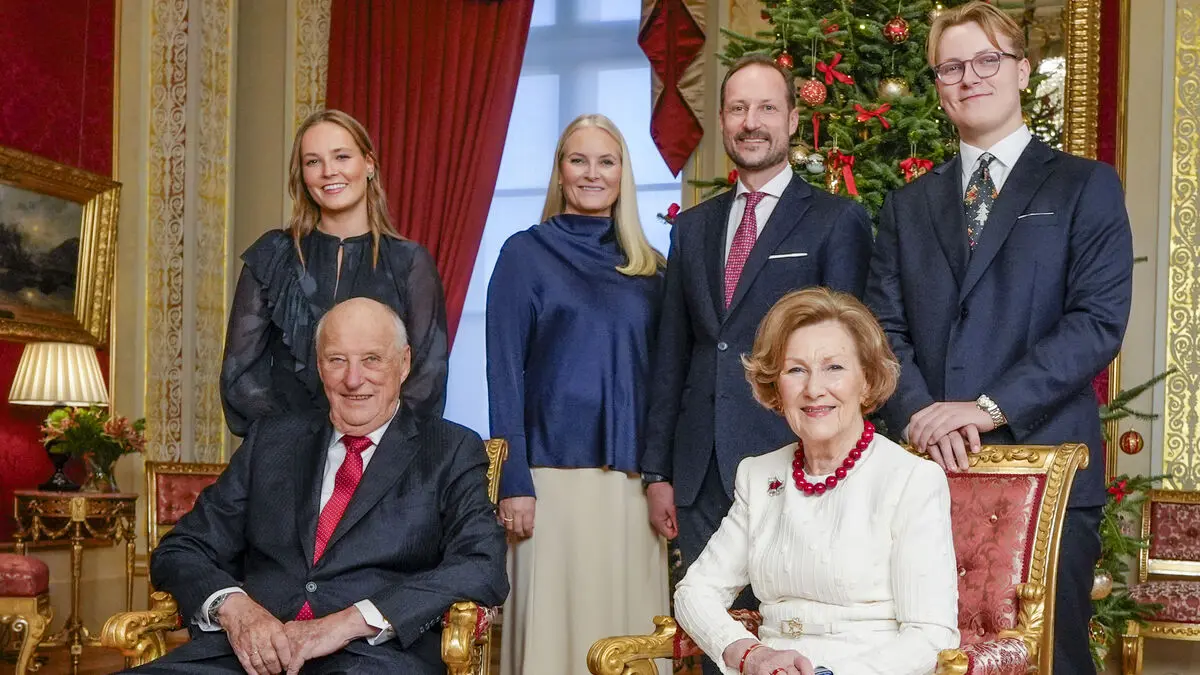Job ads for bombings, shootings, violent crimes, and extortion. That's what criminal networks are doing on digital platforms, according to the police.
We've had a hard time keeping up. But we're going to catch up now. And we're doing it, but there's still a bit to go before we're satisfied, says Theodor Smedius.
He is the acting deputy chief of the unit for development of crime prevention at the police's national operational department (Noa). Or, as he himself puts it, he's going to make sure the police move further up the criminal hierarchy.
We often catch perpetrators of these serious crimes. Now the ambition is to move further up and catch enablers, recruiters. Ideally, those at the top.
Advertisement
More common and effective
To do that, Smedius believes, the police need to get better at the digital. Open platforms like Tiktok, Snapchat, and Instagram are described as the first step when gangs come into contact with people, a communication that is then often moved to encrypted chats.
I don't have any figures. But it's enormously more common today to be exposed to the digital environment on the internet and on these platforms, he says and continues:
Especially since the radicalization phase, as I like to call it, is moving incredibly fast on the internet compared to the physical environment.
Legislation
According to Smedius, the police have good cooperation with the tech companies behind the popular platforms, and although he thinks they could do more, it's not where the shoe pinches the most.
The Swedish legislation needs to change a bit for us to be able to build new IT capabilities that can keep pace with what the opponent is using.
Smedius mentions AI as a possible enabler for the police to more easily go through large amounts of data.
Today, physical persons are sitting and going through the data we have.
Good and bad
Giving the police access to advanced technology is not an easy question.
It's clear that we need to keep track of how we use technology, says Smedius.
More technical competence and a relaxation of the rules at national and European levels are, however, essential, according to Smedius:
If one team doesn't have any rules and can use technological development and innovation completely freely, and the other team, the good team, has to adhere to a lot of rules, it's clear that it's hard to win the match.






